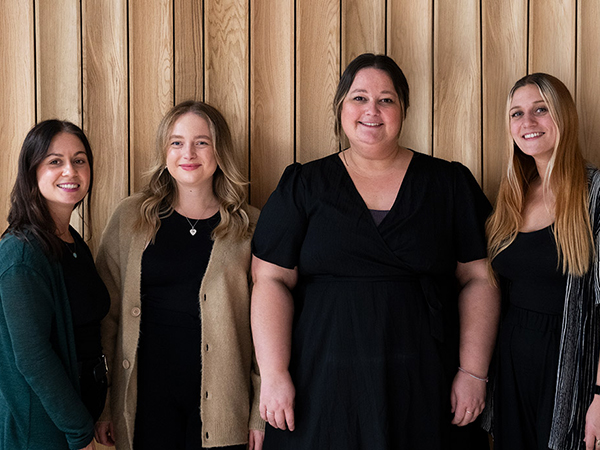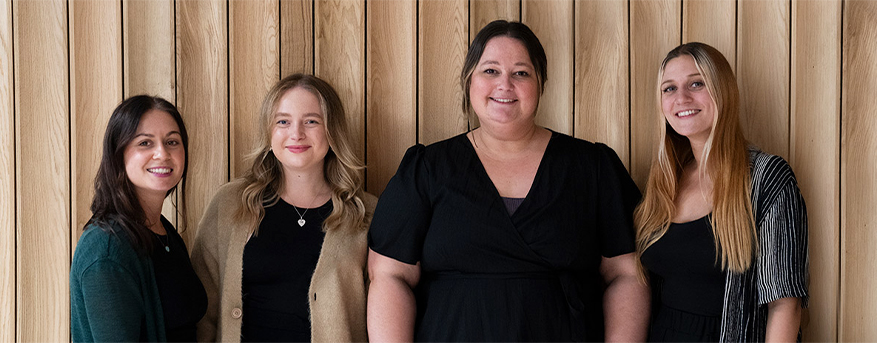Lebanon travel advice
Naomi Jackson, from our holiday specialist Explore, talks safety.
“When you read advice from the FCO it is quite intimidating and detailed – but something we did right at the beginning of the process was assess the risks and we regularly revise the route. We speak to our ground operators every day – they’re based in Beirut – to check that everything is ok for travellers.”
Baalbek
“We put this trip back on because the FCO’s guidelines changed, opening up Baalbek. For us, Baalbek is one of the highlights of Lebanon and we didn’t feel we could run a trip without it. It’s right in the middle of our itinerary, the tour leads up to it, and it doesn’t disappoint. These are some of the best preserved Roman ruins in the world, still standing. They have a real air of mystery because of their size. No one really understands how they were built without machinery.”
Best time to go
“We have a lot of people who travel with us over Christmas. It’s a really interesting time to go. Lebanon is so diverse, but Christians in the country have a big celebration. The country is great year round but in January, in the peak of winter, snow can make some parts inaccessible, and there is a bit more rain.”
Is it safe to travel to Lebanon?
Tourism to Lebanon is just starting to recover after years of political instability and violence. While travel here is largely safe, for now it is always best to travel as part of an organised tour which uses local operators that are closely aware of risks. For instance, there are reports of unexploded ordinance in some areas, particularly the south, which present a danger when leaving designated hiking paths. Security risks were raised in February 2019 when the UK government announced it planned to proscribe the political wing of Hizballah under the 2000 Terrorism Act. The FCO currently recommends against travel to within 5km of the Syrian border, and all but essential travel to the southern suburbs of Beirut, and Tripoli. Large crowds should be avoided, as well as any political gathering.
Health and safety in Lebanon
HEALTH
SAFETY
Lebanon and Jordan tour
Two weeks of culture, history and incredible landscapes
From
£1699 to £1749
11 days
ex flights
Lebanon small group tour, 10 days
10 days of Lebanon's best sites and scenery
From
£1999 to £2099
10 days
ex flights
Small group tour of Lebanon
Discover Lebanon's history, culture and natural wonders
From
£1399 to £1599
8 days
ex flights
Lebanon holiday
Explore Roman sites, Levant culture, mountains & forests
From
£1995
10 days
ex flights
Lebanon tour, Beirut and beyond
Discover Lebanon's historic sites and stunning landscapes
From
£2099
9 days
ex flights
Contact Us

Call us for a chat about our holidays. We are happy to discuss your holiday and help in any way we can. No bots, queues or awful hold music.
01273 823 700
Call us until 6pm
Calling from outside the UK

Tips from our travellers in Lebanon
At Responsible Travel, we think the best people to advise our travellers are often... other travellers. They always return from our tours with packing tips, weather reports, ideas about what to do – and opinions about what not to.
We have selected some of the most useful Lebanon travel advice that our guests have provided over the years to help you make the very most of your holiday – and the space inside your suitcase.
We have selected some of the most useful Lebanon travel advice that our guests have provided over the years to help you make the very most of your holiday – and the space inside your suitcase.
Simone Flynn, one of Responsible Travel’s travel experts, visited Lebanon in December 2019
Meeting people
“Everybody that we spoke to was ridiculously friendly. There was a Syrian man outside the bakery, and he approached us whilst we were buying our coffee. He insisted on us trying the almonds he was selling, and he had some figs and raisins to sell, too. I took some to be polite and they were the best almonds I’ve ever had – so I went straight back and bought some more. He was lovely.”
Historic sights
“We went to Baalbek and it was definitely one of my highlights. It’s an amazing place: just the scale of it and the detail that our guide went into as well was really helpful as she’s lived there all her life. It’s a little bit hard to get your head around some of the time frames that they’re talking about in places like Baalbek and the Jeita Caves, as the history dates back so far in Lebanon. There were a lot of big numbers being thrown around!”
My recommendations
“I think Lebanon is a great destination for people who have travelled a fair bit. It’s one of those places that might not be at the top of your list, but if you’ve travelled a bit then you’re used to reading things about places and not being put off. I’ve recommended Lebanon to everyone who’s asked me about my trip. Now that I’ve been, I would feel safe to bring my nieces here – they are five and two years old – I felt that safe there.”





















